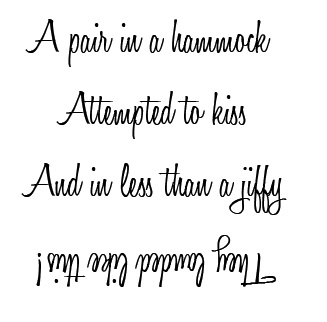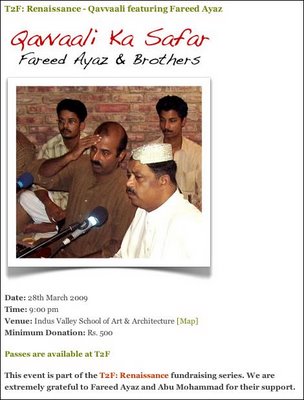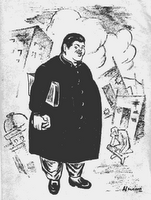A Holy Conundrum
In Reading the Qur’an with Dr. Michael Sells - a column that appeared, albeit briefly, on the ICJS Website which I have visited off-and-on since 2002 - I came across this:
Participants were given two different English-language translations of the same Qur’anic passages. The Gracious Qur’an of Dr. Ahmad Zaki Hammad, a scholar with credentials from both Cairo's prestigious Al-Azhar University and the University of Chicago, served as a "fairly neutral" contrast to the more blatantly ideological Interpretation of the Meanings of the Noble Qur’an in the English Language, the work of two professors at the Islamic University in Medina, Saudi Arabia.
Hammad's rendering of verses 1:6-7 -- "Guide us along the straight way -- the way of those upon whom You have bestowed grace, not those upon whom there is wrath, nor those astray" -- was more or less mirrored in the Saudi version, except for the insertion of two parenthetical clarifications: "those who have earned Your anger (such as the Jews), nor those who went astray (such as the Christians)."
Verse 2:62, which stood in Hammad as a statement of tolerance for other monotheistic religions ("whoever among them truly believes in God ... shall have their reward with their Lord"), was similarly clarified in the Saudi translation with a more stringent reading: "This Verse (and Verse 5:69) mentioned in the Qur’an should not be misinterpreted by the reader ... the provision of this verse was abrogated by the Verse 3:85: ‘And whosoever seeks a religion other than Islam, it will never be accepted of him, and in the Hereafter, he will be one of the losers.’" "The Saudi translation", Sells said, "was fairly unique in the degree to which it attempted to shape the reader's understanding of the text with insertions. But it has enjoyed great popularity over the past decades, owing to free world-wide distribution by the Saudi government."Dr. Sells, as many of you may know, has authored among the comparatively few books about Islam and Muslims that come out of the West and are sympathetic to the topics. He is also a popular speaker and guest-writer at many fora. His book - Approaching the Quran - was at the center of a debate when it was assigned as a reading for students at the University of North Carolina. While mentioning the book, I'd like to point readers to some excerpts from it on a Quaker website. I'd also be grateful if someone could let me have links to a similar site, by Muslims, that speaks of works considered holy by other religions in the same respectful and explanatory manner. Ordinarily, I'd have paid no great attention to the sentence I have highlighted in red, above, except that the very next day I came across the words 'abrogation' and 'cancellation' also being used in the not-so-startling BBC: Dispatches documentaries. In these, too, they reference the same edition of the Qurãn (an Abdullah Yusuf Ali translation, but with modifications), that is distributed worldwide by the SA establishment. The Doctrine of Abrogation applied to a 'Divine Revelation', by its own followers, seems - at least to my uneducated mind - a strange one. However, in various forms, it has been part of the Muslim view. While some reject such a concept, others quote the holy book, itself, as the source of such a belief. To this end, they cite Surah 2:106: "None of Our revelations do We abrogate or cause to be forgotten, but We substitute something better or similar: Knowest thou not that Allah Hath power over all things?" Whatever the meaning of the above-quoted verse - and it has been subject to a variety of interpretations and much debate - a translation license surely does not extend to justifying the addition of brackets for adding one's own slants and biases to the meaning. I would have expected that translators and interpreters of all works, but especially when playing with such a sensitive subject or with words they believe to be of divine origin, would confine their personal comments to the margins and footnotes.
Labels: Activism, Books, Education, Literature, Media, People, Personal, Rant, Religion






